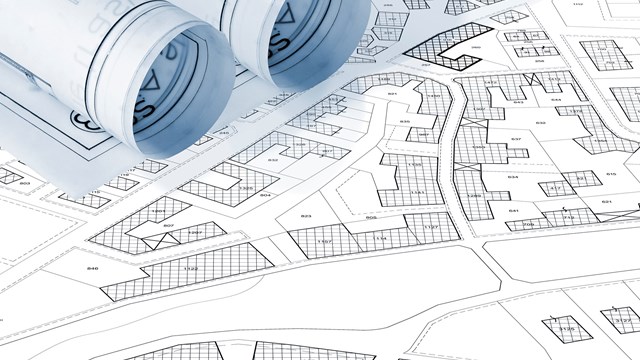Renovating in existing, occupied buildings such as co-ops and condominiums is a challenge. There is no extra space to work in, and one little mistake can damage a number of apartments. Not only is all the space already spoken for, it's fully occupied with people who are greatly inconvenienced and annoyed by any noise or heavy work being done in or around their space - yet the work has to be done. The odds of renovation work causing some damage are great - especially in older buildings - but problems aren't inevitable.
There are steps that shareholders may take on their own before any work is done. For example, if a shareholder is going to undertake renovation work, he or she might send a polite note to their surrounding neighbors letting them know that work is going to be done, giving approximate dates and apologizing in advance for any inconvenience.
Some might say, "Why let them know? I'm just asking for trouble," but this is not the case at all. You are setting a friendly tone so that if a problem occurs, the neighbors will be more likely to want to work something out with you rather than to go to war. They are more likely to understand that it wasn't your fault.
By contrast, when people are kept in the dark, their imaginations take over and they assume the worst. A shareholder with a studio apartment was doing a small renovation in the kitchen. The neighbor, who really did not know the extent of the renovation, said, "They gutted the apartment and every day I saw carts taking away construction debris." This may cause them to "report" every little thing to the Board of Directors or the Department of Buildings, and to generally make the process very difficult.
From a management perspective, the board and its managing agent can reach out to neighbors and try to photograph and document the status of their apartments so that if they allege that any damage has occurred, it will be easier to determine if it was caused by the work or was a pre-existing condition. This can make financial settlements easier.
The most common complaint I hear about is cracks in plaster and dust on curtains from demolition. It is not difficult to imagine that a small crack may occur if there is some demolition work is being done in an apartment above, but that can turn into a claim to have the entire apartment plastered and painted. Did the demolition really cause all that damage, or was the demolition an excuse to get a free paint job at the expense of the shareholder or his insurance company? You can see how photographs may be helpful.
Another common cause of property damage is work being done on the roof. Any penetration of the roof membrane can cause water damage that can spread in unpredictable ways throughout the building and can cause damage in a number of apartments. This can be from work being done by the building, or from work being done by a penthouse owner. It can be difficult sometimes to determine where to point the finger. If you think of an operation where there are many doctors and nurses in the room and the patient is under anesthesia, if something goes wrong, the patient will sue everyone who was in the operating room to determine who was at fault and who should pay damages.
Renovation work can be a little like that operating room. There may be a number of contractors and subcontractors working in and around the roof at any given time. If the damaged shareholder cannot determine which one caused the damage, they will sue all the contractors and let them and their attorneys sort it all out. One contractor may be doing elevator work on the roof, while others are doing work for a particular shareholder. For the contractors who get dragged into these kinds of lawsuits and who are later let out of the case, this is one of the many reasons contractors' insurance premiums are so high.
This is also one of the reasons that boards want to examine plans before shareholders and unit owners undertake renovations. They want to see that the work will not cause damage to a building system if done properly. While the work is being done, the building management company or the building's architect will or should observe the work. They are not there to replace the shareholder's architect, but are looking out for the building's interests. They may see that the flashing is inadequate or absent and that leaks may occur.
When a problem occurs, building management and the shareholder must be notified promptly. A demand for insurance information should be made. Usually the management company will give the aggrieved shareholder the name of the carrier for the renovating shareholder.
If the problem may be due to the building's contractor, getting that information may be more difficult. This is perfect example of when a situation can mushroom out of control. A shareholder may try to obtain information from the management company. If they do not get it or are not satisfied with what they receive and feel that they are not being taken seriously, they may file a lawsuit. I know of one situation in which 12 contractors were sued by a shareholder that felt that a neighbor's demolition work had damaged her paint and plaster. The individual didn't know whom to sue, so she sued everyone.
If the building requires alteration agreements, then neighboring shareholders know that there is insurance in place. However, knowing insurance is there and being paid by an insurance company are two different things. If there is a disagreement regarding responsibility for the damage and what needs to be repaired, there may be litigation. Seeking advice from an attorney who knows this area is essential in developing a litigation strategy.







Comments
Leave a Comment